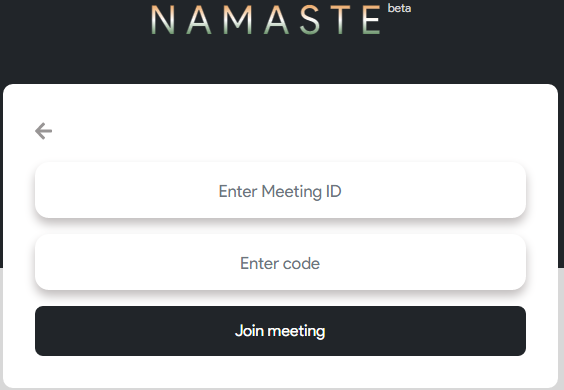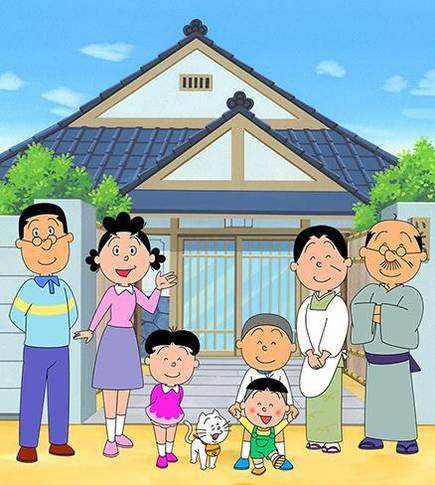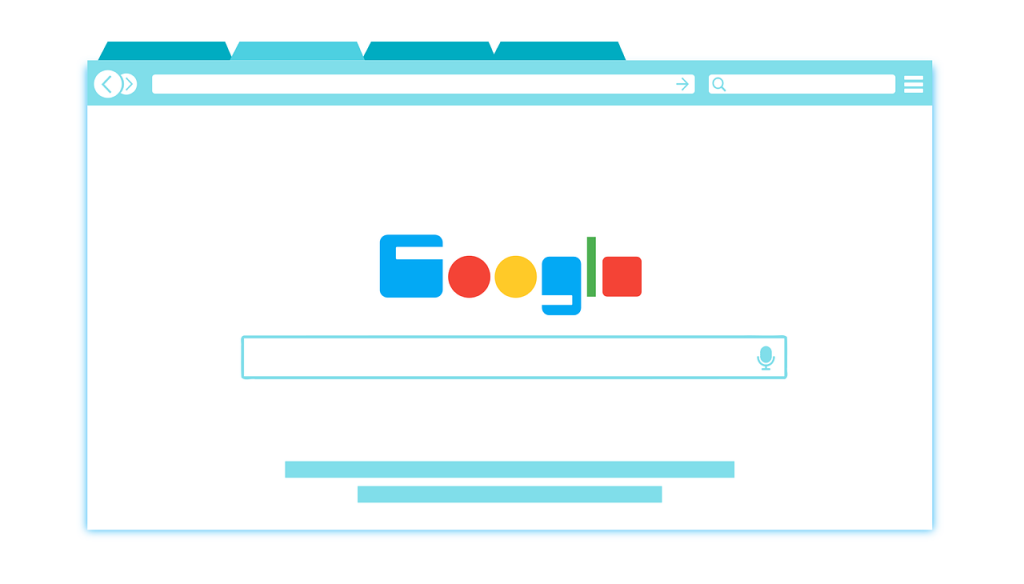Google’s end-to-end encryption for messages may finally be rolling out anytime soon
Google has been working on its messaging system for a while now. The company’s target is to establish end-to-end encryption for RCS. Yesterday, Google decided to bring the latest news of its messaging system under the spotlight. And, there are high chances the company might be finally achieving end-to-end encryption for RCS.
Since, RCS has the true potential to wipe out the existence of SMS and MMS, providing end-to-end encryption will be cherry on the cake. Google, in 2018, has launched a chat platform with end-to-end encryption for RCS which reached the U.S customers next year. In 2019, many companies like AT&T, Verizon, and T-Mobile also assured its customers of new RCS standards. But, currently Google is up to some real change for RCS.
What is RCS end-to-end encryption?
RCS stands for Rich Communication Services and is the future of messaging. Though it can replace SMS and MMS, the adaptation rate for RCS is relatively slow. If en-to-end encryption is incorporated in the RCS it will give a strong competition to iMessage. For all these years iMessage has provided end-to-end encryption unlike RCS. End-to-end encryption means the message sent will be encrypted from the sender’s device and can only be decrypted from the receiver’s device. This ensures privacy and a secure system to reduce the chances of leaking information.
For this purpose, Google has built Google Messages 6.2 which will ensure end-to-end encryption for RCS. The app includes 12 new strings that refer to encryption. The question that still lies unanswered is if both the sender and the recipient need to use the Google Messages app. The exact requirements to use this feature are yet to be revealed.
Google mentioned that a good internet connection is mandatory for both the sender and the receiver. If a strong internet connection is not established, Google Messages will offer you an alternate option for sending the message. It can be in the form of either SMS or MMS which won’t be encrypted. Hence, the app will ask for your consent before sending the message without encrypted RCS.
Google’s first RCS chat platform dates back to 2018
In 2018, Google launched some new features for making the messaging experience better for Android phones. For the first time, Google introduced RCS and named it “Chat” for the consumers. It didn’t release a new app but tried to modify the existing Android messages. Google has always been a fan of RCS and tried convincing other big companies in the world to do so as well. But, Google has to admit it is Apple that came up with end-to-end encryption for iMessage in the first place.
Many people might have confusion if Chat is different from Google Chat. The answer is yes as Chat is carrier-based service. But, back in 2018, Chat wasn’t end-to-end encrypted. After one year, in 2019, Google announced that the RCS chat will become Android’s primary texting app. But, this service only rolled out for the people of the U.S. One of the biggest advantages of the chat was that the users didn’t need to download an extra app to enable chat features. The Android users use the default messaging app so only a good internet connection was a pre-requisite.
Challenges faced by RCS
Previously, the challenges faced by RCS were there weren’t enough carriers who wanted to switch to RCS. Moreover, they were not end-to-end encrypted making it easier for the government to demand information. Throughout all these years with Google trying its best to establish RCS, Apple hasn’t spoken a single word in this matter. But, now the scenario is different.
In 2019, the four biggest U.S carriers namely Verizon, AT&T, T-Mobile, and Sprint also announced that they will over RCS in 2020. But, RCS faced many problems in the past and still things might turn a little messy. The main reason to expect the probability of success for RCS to be low because these companies will release their app.
Conclusion
If the RCS for the app created by other companies intersects and generate conflict with that of Google’s RCS, everything will become a big mess. Fingers crossed that the Android users just don’t end up preferring iPhone over Android to avoid this chaos. If this happens Google’s attempt to establish secure end-to-end encryption for RCS will go in vain.

Annasha Dey is an NIT student, who apart from studying engineering is also a content writer. She has a great interest in photography, writing, reading novels, and travelling as well. She is a foodie who loves socializing and hanging out with her friends. She is also a trained Kathak dancer and a big fashion enthusiast. Dey also loves watching TV series, which includes F.R.I.E.N.D.S. and Big Bang Theory. To be a better writer she prefers to read more




